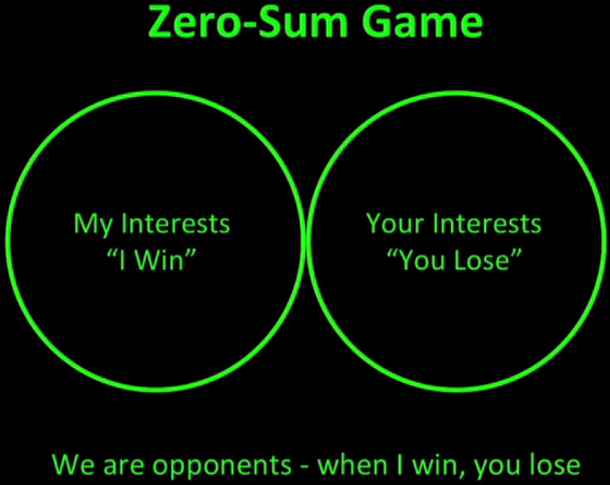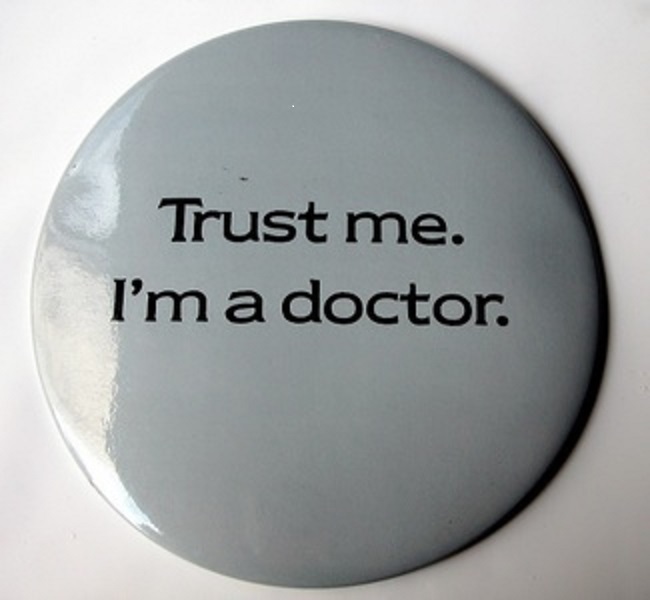After another series of posts on Hormones Matter focused on sex and libido, I realized how rarely we speak of sex and libido in a positive light. Certainly, our audience and topics are skewed towards negative medication and surgical outcomes, but across the internet (and history), it is difficult to find thoughtful discussions about sex and libido that aren’t in some way dominated by shouldn’t, wouldn’t, or couldn’t. I find that troubling, if not a little disturbing. Where are the conversations about sex and libido that include the positive, the pleasurable, or the passionate? I am serious, I couldn’t find any.
So, sorry mom, kids, I am writing about sex again. I’m not sure why I should have to apologize or why such topics are so taboo that one cannot speak openly about them, but they are and we cannot. And perhaps, that is the root of the problem.
Talking about Sex is Taboo, Unless…
I write about sex periodically and almost to a tee my mother chimes in, ‘you shouldn’t be writing about such topics, you’re too smart’ as if having a brain disqualifies one from writing or even thinking about sex. Apparently though, it does. This is perhaps even truer for women, where the topic of sex is veiled in cultural and political taboos so opaque that navigating them can be perilous to one’s career, if not one’s sanity and one’s health. That is, unless of course, the topic is framed in some feminist conception of power structures, patriarchy, or other implements of victimhood. Then discussing sex is alright because it is so far afield from the actual act and so cloaked in theory, and often violence, that it bears little resemblance to sex and no one but others of similar leanings pay much heed. This is not to say that discussions of sexual violence, sexual victims and the like are not important, they are, but what about the rest of it? Certainly, not all sex is framed within a power struggle of cultural, political and violent tendencies. Certainly, there is a space beyond theory, beyond advertising, beyond politics or religion, where a man is just a man, a woman is just a woman and sex is just sex.
If there is such a space, no one seems to write about it. Our entire conversation about sex involves intruding contexts delineating what we should and should not think about sex. Advertisers use sexiness to sell products. Politicians and religious leaders use sex to coalesce and manage followers, while theorists and power mongers of every ilk, use sex to realign power structures. Sex in these contexts is always a tool to be wielded and in many cases manipulated and controlled. Sex is never just sex. It is always about something else or for something else. What happened to sex as a pleasurable activity, in and of itself, absent all other contexts? Was sex ever just for pleasure? It is a legitimate question to which I have no answer.
Sex as a Zero Sum Game
What I do know is that sex today is portrayed as zero sum game of sorts and that framework has done more to erase any notion of pleasure from sex than perhaps any other in history. In a zero sum game there are always victors and losers, oppressors and the oppressed. It is a model built on old industrial economies of scarcity and fear where heat, read passion, means friction, an inefficiency to be controlled at all cost. It is a model where when the debts are tallied, the more I have, the more I win and dominate, the less you have, the better. In a zero sum game, there is an assumption of equal proportionality between the winners and losers, wins and losses, dominators and dominated. To the degree I become more powerful, you lose power and vice versa. There is no room for abundance, synergies, shared responsibilities or even just winners and losers. And there little room for pleasure or passion except perhaps as tokens of victory to demonstrate success, but more frequently as vices, impurities and inefficiencies to be controlled.
What a totally sad state of affairs.
One has to wonder if, at least in the space where sex and sexuality lie, there isn’t a better way to conceptualize, talk about, and perhaps even, experience sex. Aren’t there overlapping interests here? What would happen if we re-framed the conversation away from this zero sum illusion towards a more equanimous perspective where passion and pleasure for all parties took center stage? What would those conversations look like?
Are we even capable of talking about sexual pleasure openly and frankly, not as a means to an end, not as something to be controlled or protected from, not within the context of a power structure, but simply as it is?
If we talked about pleasure, if we aspired towards giving and receiving pleasure and understanding pleasure, if we didn’t shy away from it as we do now, wouldn’t we also totally change the conversations we have about sexual violence, sexual inequality, heck, even economic inequalities? Wishful thinking perhaps, but when one considers the pendulum of history and the power of discourse, how the conversation is framed is as important as what is said. In the case of sex, we need to talk more about pleasure and a lot less about everything else.
Alas, that is easier to think about than said or done.










